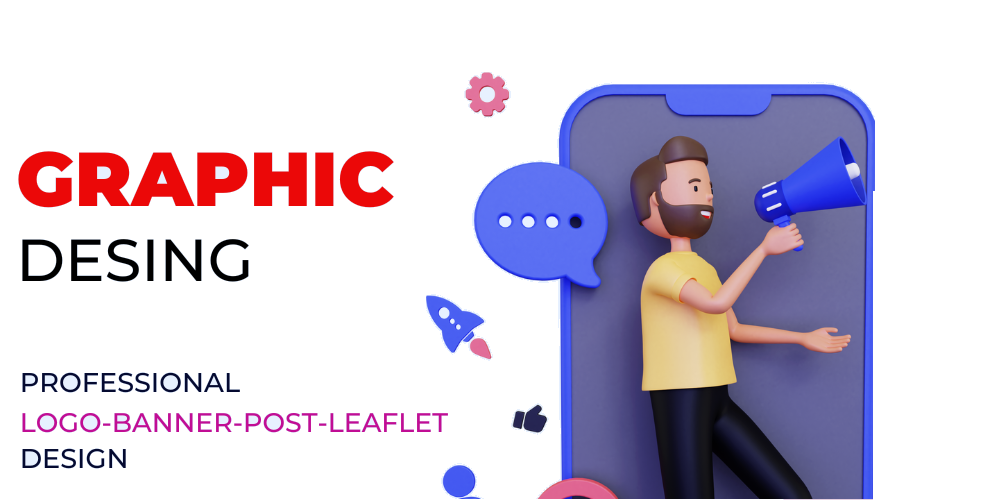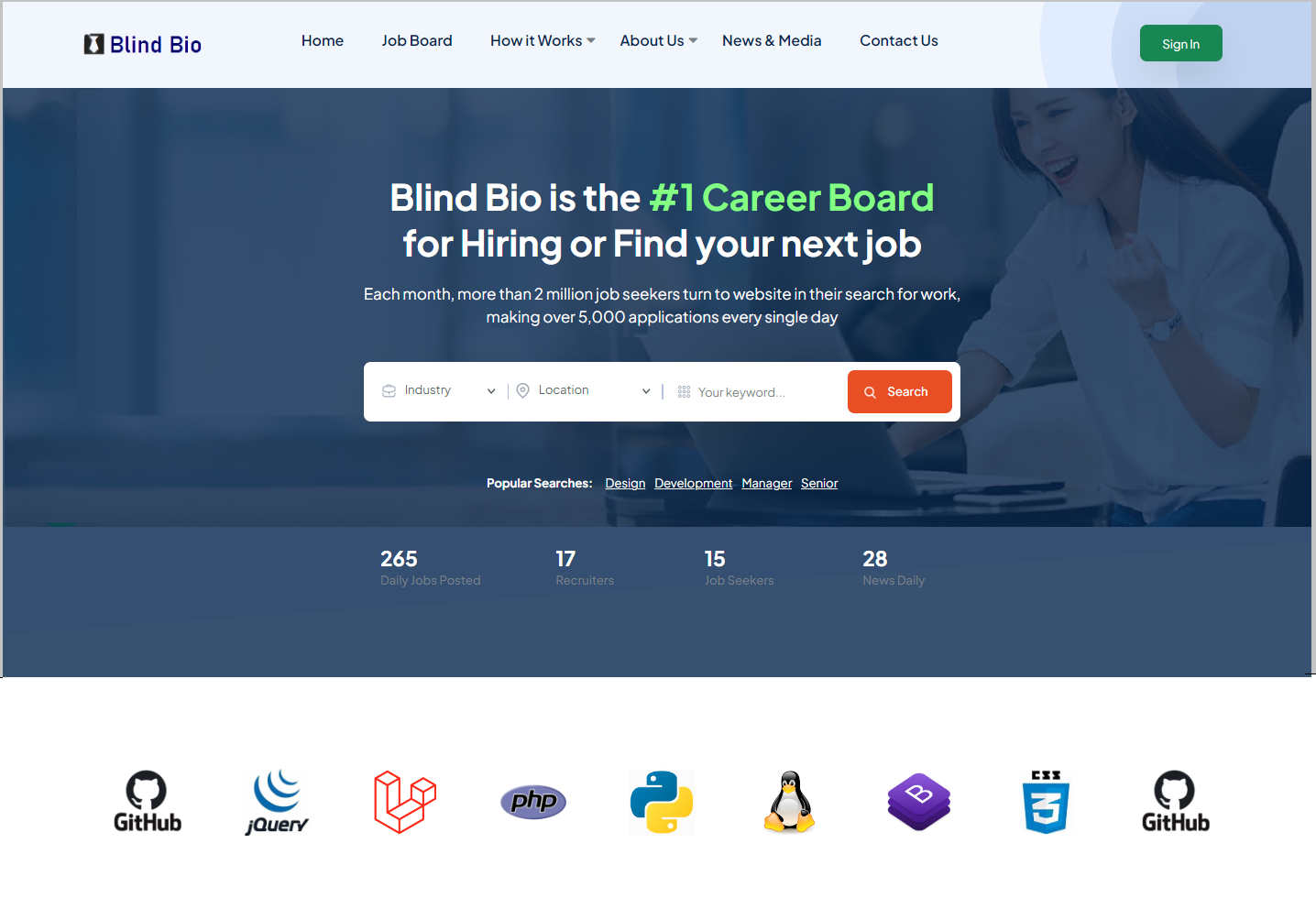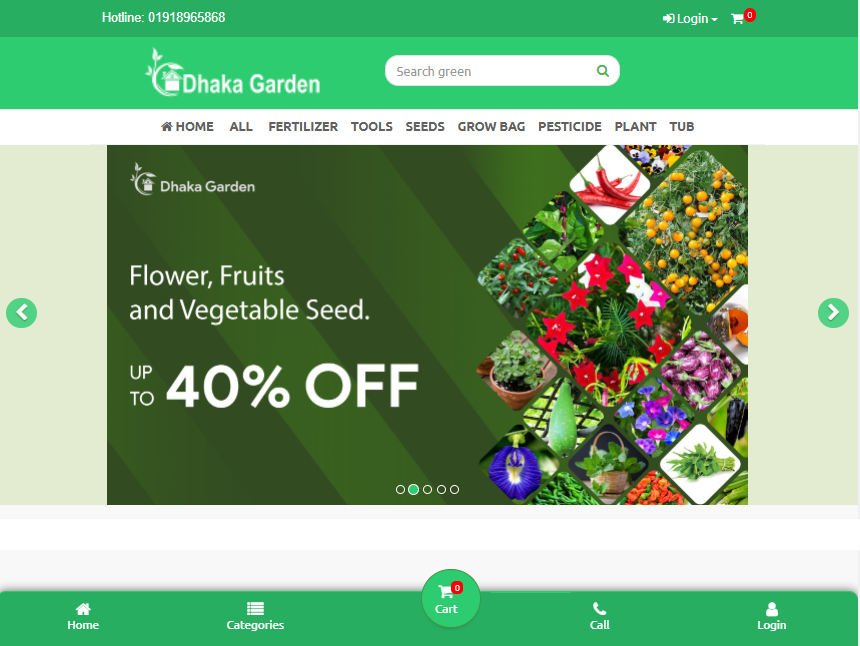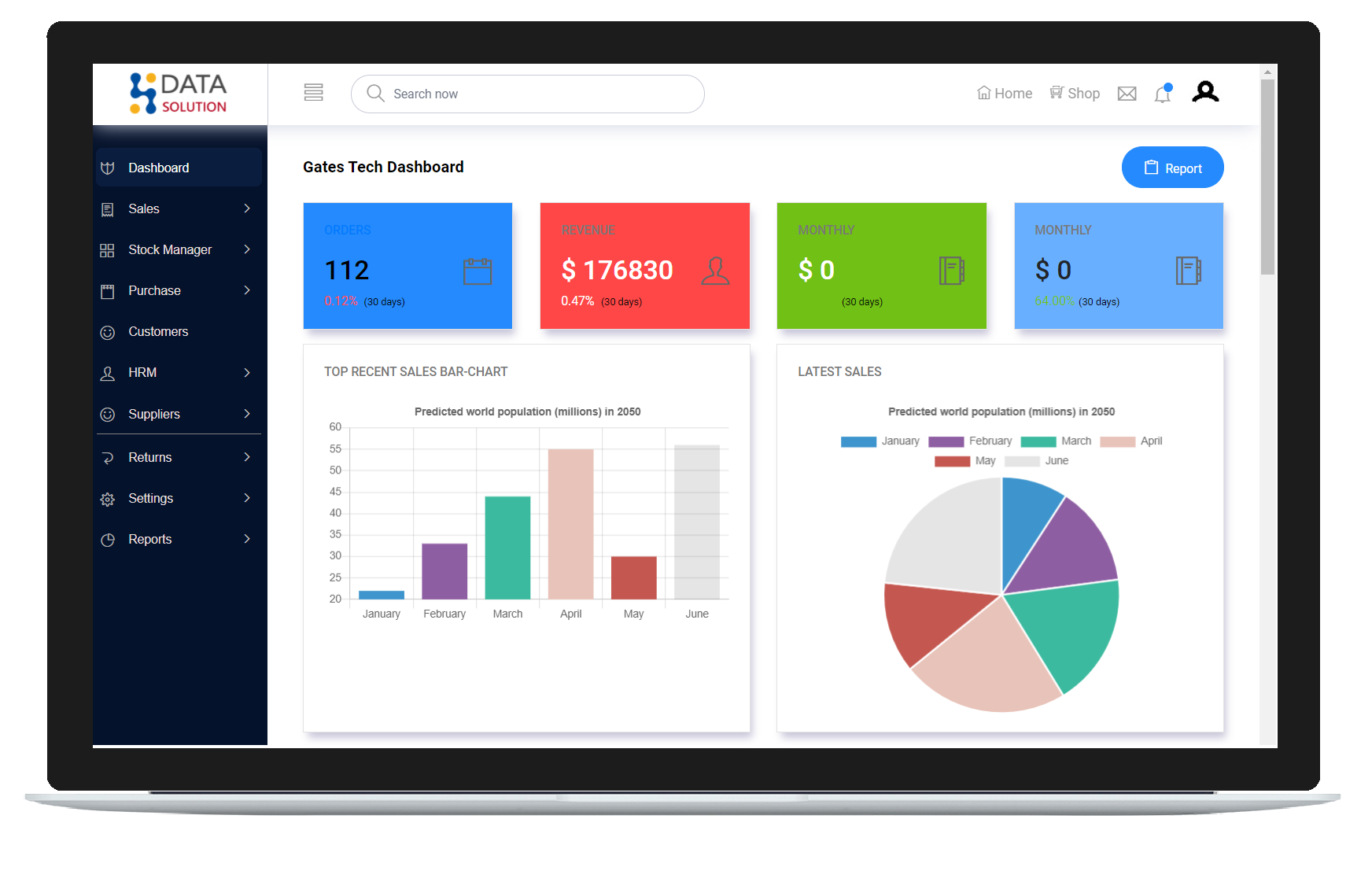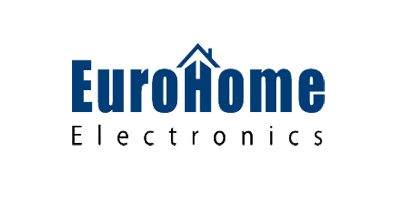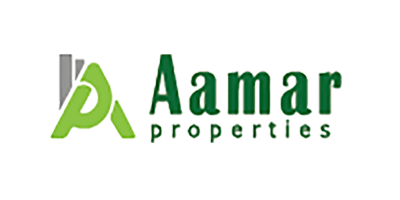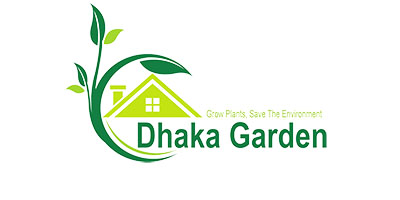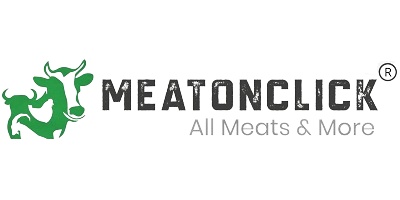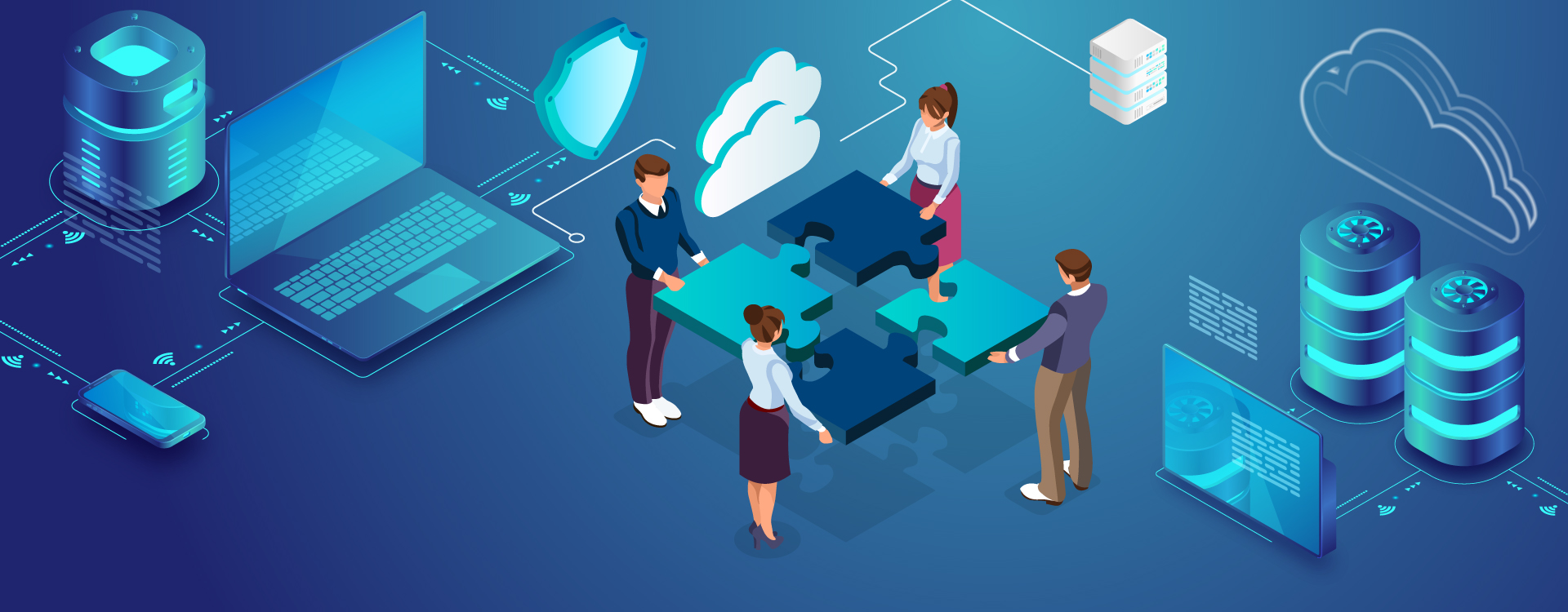Our Web Based Services
Data Solution Online
services are tailored to the needs of fast growing companies that are looking for Web Development, SEO, Graphics and Software expertise.
Python Developments
Python is one of the most popular and resource programming languages in the world. With Python programming you'll be able to create powerful applications and websites that can stand out from the rest.
| Python Scripts |
| Python Desktop Application Development |
| Python Django Website with MySQL Database |
| Python Django Inventory System |
| Python Flash Web Application |
| Automation with Python |
Python Scripting
Web Apps Develpment
Data Science & Analysis
Inventory System
A stock management system also known as inventory Management System is a tool that allows you to track goods across your business’s supply chain. It optimizes the entire spectrum spanning from order placement with your vendor to order delivery to your customer, mapping the complete journey of a product.
| WordPress Inventory System |
| Simple PHP Laravel / Codeignite Inventory System |
| Advance PHP Laravel Inventory System |
| Standard Python Django Inventory System |
Create Invoice
Print product barcode
Manage Customers
Process your Sales and make professional invoices. Also you can manage your quotations and PO.
Manage Stocks
Manage supply chain
Stock count and adjustment
Manage Suppliers
Maintain just the right amount of inventory for each products.
View Reports
Product Customer Daily Reports
Payment and Transaction Reports
View sales purchase and product history. This feature also helps you to make business decision .

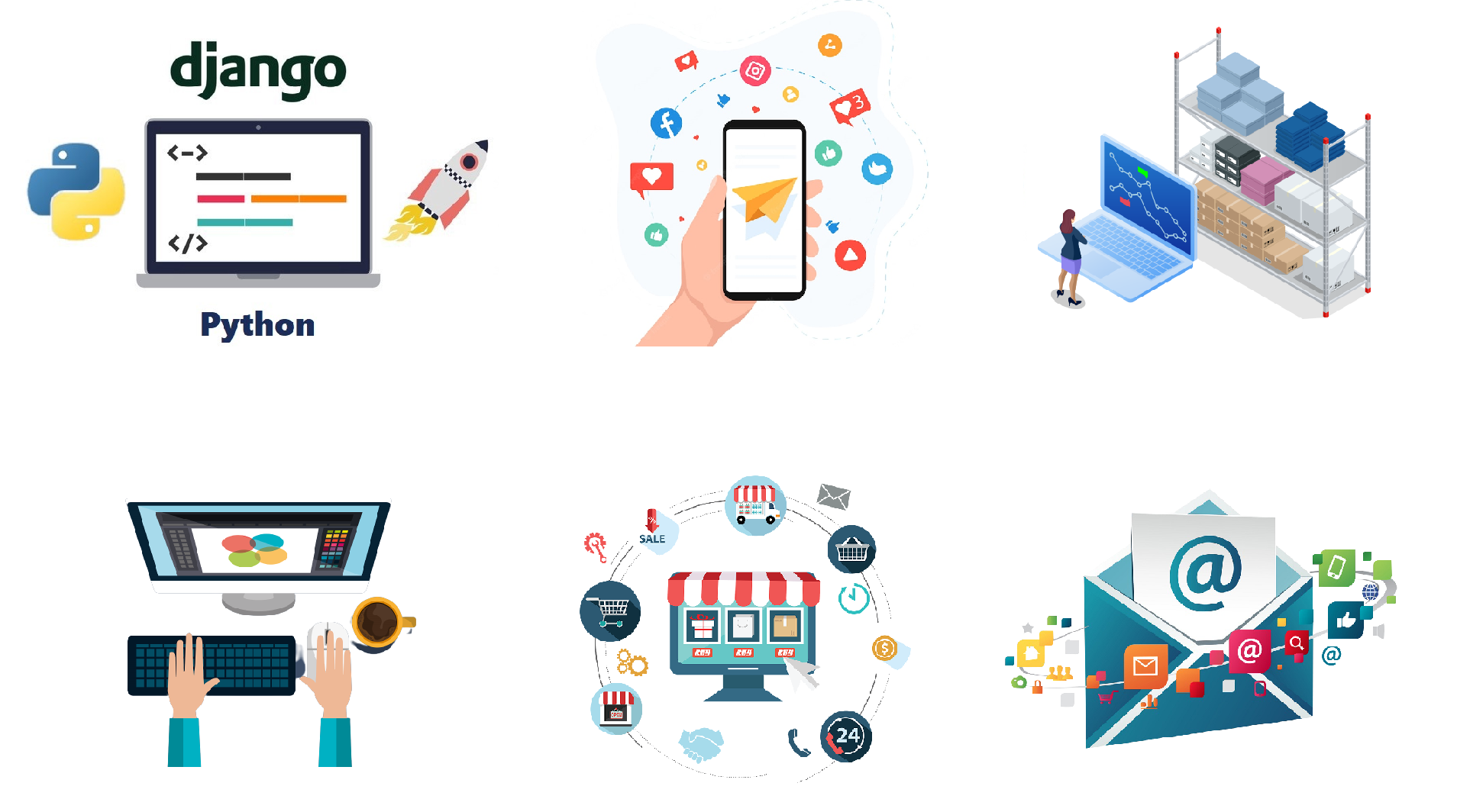

CCTV Setup & Surveillance
Social Media Marketing
We help service based business owners to Grow on social media. Alos Share Social Marketing Strategies & Tips.
More details..
SEO & Ranking
SEO generate organic traffic & visibility, builds your brand credibility and improves your site raking.
Digital Marketing
Digital marketing, also called online marketing, helps your reach your target customers using the internet and other forms of digital communication.
Website Design
We design and develop the most compelling websites. Our design process and approach ensures that each site is unique, polished and easy to navigate.
Ecommerce & Shop
Inventory System
WordPress & CMS

Next JS React Development
PHP & Laravel Development
Data Analysis : Python
Job Portal Recruitment
LMS Learning & Courses
Graphic Design
Website Testing & QA
Content Writing
Classified Ad Website

LINUX Hosting
Patient Appointment
E-Commerce Solutions
Automate your business process and buy and sell goods or services online. Our products and services are tailored to meet your specific needs, and we will work with you to make sure your online presence is top notch.
| Standard e-Commerce Website |
| WordPress e-Commerce/Woo-commerce website |
| Multivendor e-Commerce website |
| Advanve PHP MYSQL Laravel e-Commerce site |
| Python Django MySQL e-Commerce site |
Sell Online
Manage Stock
Manage Payments
Graphic Design
"Good design is good business"
Design a creative yet professional visual content for your business or portfolio. Graphic Design communicates certain ideas & messages in a visual way. These visuals can be as simple as a business logo, or as complex as page layouts on a website.
| Logo and Web Banner Design |
| Social Media Post and Ad Design |
| Branding and Product Design |
| Leaflet Brochure & Publications |
Design for Website
Design for Social Media
Design for Publication
Website Design & Development
We design and develop the most compelling websites. Our design process and approach ensures that each site is unique, polished and easy to navigate. We understand that website is the first impression for any business. We help you differentiate among others by creating highly unique and tempting designs, which fascinates huge potential customers, resulting in increased profitability, satisfaction and growth.
| Simple HTML CSS Bootstrap website |
| Standard WordPress Portfolio & Business website |
| Standard PHP & Python Web Application |
| PHP Laravel Dynamic website |
| Python Django Dynamic website |
Business Page
Corporate Website
Personal Portfolio
SEO: Search Engine Optimisation
SEO is the process of improving the number of visitors or traffic to your website or webpage from search engines.SEO targets organic/unpaid traffic rather than direct traffic or paid traffic. Unpaid traffic may originate from different kinds of searches, including image search, video search, academic search and industry-specific vertical search engines.
| On Page SEO | Off-Page SEO |
| Technical SEO | Keyword Analysis |
| Audit Website | Web Analytics |
| Indexi & Ranking | Competitor Analysis |
| Standard one off SEO |
| Advance monthy/subscription based SEO |
Generate Organic Traffic
Setup SEO & Analytic Tools
Rank your site top
Digital & Social Media Marketing
Digital marketing, also called online marketing, helps your reach your target customers using the internet and other forms of digital communication. This includes not only Email, Social Media, Web-Ads but also text and multimedia messages as a marketing channel.
| Social Media Marketing |
| Facebook Marketing & Advertising |
| Instagram, Pinterest & Twetter Marketing |
| Linkedin & Youtube Marketing |
| Social Media Strategy & Channel Management |
| Lead Generation |
| Google Ad & Google Analytics |
| Web Analytics |
| Competitor Analysis |
| Content marketing Analysis |
| Branding |
Brand Management
Analyze Data & Reporting
Increase Sale and Revenue
All You Need To Know About Digital Marketing In Brief
Any marketing that uses electronic devices and can be used by marketing specialists to convey promotional messaging and measure its impact through your customer journey. In practice, digital marketing typically refers to marketing campaigns that appear on a computer, phone, tablet, or other device. It can take many forms, including online video, display ads, search engine marketing, paid social ads and social media posts. Digital marketing is often compared to “traditional marketing” such as magazine ads, billboards, and direct mail. Oddly, television is usually lumped in with traditional marketing.
What is Digital Marketing?
Digital marketing, often referred to as online marketing, encompasses the strategies and techniques used to promote brands and engage potential customers through digital channels. These channels encompass a broad spectrum, including email, social media, web-based advertising, as well as text and multimedia messages, all of which serve as integral components of the digital marketing landscape.
In essence to be Digital Marketing, any marketing campaign that leverages digital communication methods falls under the umbrella of digital marketing.
Digital Marketing Meaning:
Digital marketing is a comprehensive term that refers to the use of digital channels, platforms, and technologies to promote and advertise products, services, or brands to a target audience. Digital Marketing encompasses a wide range of online marketing activities designed to connect with customers where they spend a significant portion of their time: on the internet.
Inbound Marketing and Digital Marketing:
Digital marketing and inbound marketing are often sources of confusion, and this is quite understandable. Digital marketing utilizes many of the same tools as inbound marketing, such as email and online content, among others. Both share the common objective of capturing the interest of potential customers throughout their buying journey and converting them into actual customers. However, these two approaches differ in their perspective on the relationship between the tools and the overarching goal.
Digital marketing primarily concerns itself with how individual tools or digital channels can directly convert prospects into customers. A brand's digital marketing strategy may encompass multiple platforms or concentrate all its efforts on a single platform. For instance, a company might predominantly create content for social media platforms and engage in email marketing campaigns while neglecting other potential digital marketing avenues.
On the other hand, inbound marketing takes a more comprehensive approach. It begins by defining the goal, then assesses the available tools to determine which will most effectively reach the desired customers and at which stage of the sales funnel this engagement should occur. As an illustration, if the aim is to boost website traffic for the purpose of generating more prospects and leads, inbound marketing might prioritize search engine optimization as a component of the content marketing strategy, ultimately leading to more optimized content, including blogs, landing pages, and the like.
Crucially, it's important to remember that, as a marketing professional, there's no necessity to choose between digital marketing and inbound marketing. In fact, they work best in synergy. Inbound marketing provides structure and purpose to the various tools and strategies employed in digital marketing efforts, ensuring that each digital marketing channel contributes to a common goal.
What is the importance of Digital Marketing ?
Any form of marketing can contribute to your business's success. Nonetheless, digital marketing has gained paramount significance due to the widespread accessibility of digital channels.
From the realm of social media to the simplicity of text messages, digital marketing offers a multitude of avenues to connect with your intended audience. Furthermore, it offers the advantage of minimal upfront costs, rendering it an exceptionally cost-effective marketing approach, particularly beneficial for small businesses.
How to do Digital Marketing:
1. Content Marketing: Create high-quality, valuable content that resonates with your target audience. Develop a content calendar to maintain consistency in posting. Use storytelling to engage and connect with your audience. Optimize content for search engines (SEO) to improve visibility.
2. Social Media Marketing: Choose the right social media platforms for your target audience. Consistently post and engage with your followers. Use visuals, videos, and user-generated content to enhance engagement. Utilize social media advertising for targeted reach.
3. Search Engine Optimization (SEO): Perform keyword research to identify relevant search terms. Optimize on-page elements like titles, meta descriptions, and headers. Build high-quality backlinks from reputable sources. Monitor and adapt to search engine algorithm changes.
4. Email Marketing: Segment your email list for personalized messaging. Craft compelling subject lines and content to boost open and click-through rates. Automate email campaigns for efficiency. A/B test emails to refine your approach.
5. Pay-Per-Click Advertising (PPC): Set clear goals and budget for your PPC campaigns. Use keyword targeting and negative keywords to optimize ad spend. Monitor ad performance and adjust campaigns in real-time. Leverage ad extensions to provide additional information.
6. Influencer Marketing: Collaborate with influencers whose audience aligns with your brand. Establish clear expectations and guidelines for influencer partnerships. Measure the impact of influencer campaigns on your brand's goals. Be transparent about sponsored content.
7. Analytics and Data Analysis: Use tools like Google Analytics to track website and campaign performance. Analyze customer behavior and conversion funnels to identify optimization opportunities. Make data-driven decisions to improve ROI. Implement conversion tracking to measure the success of your campaigns.
8. Mobile Optimization: Ensure your website and emails are mobile-friendly. Consider mobile-specific advertising strategies. Optimize load times and user experience on mobile devices.
9. Customer Engagement and Retention: Nurture existing customers through email marketing and loyalty programs. Respond promptly to customer inquiries and feedback on social media. Provide exceptional customer service to build loyalty.
10. Legal and Ethical Considerations: - Comply with data protection regulations like GDPR. - Be transparent in your marketing practices. - Avoid deceptive advertising or unethical tactics. - Respect customer privacy and preferences.
Main Benifits of Digital Marketing:
Digital marketing offers numerous benefits for businesses and organizations in the modern digital age. Here are some of the key advantages:
Global Reach: With digital marketing, you can reach a vast and global audience. Your message can be seen by people all over the world, breaking down geographical barriers.
Cost-Effective: Digital marketing is often more cost-effective than traditional marketing methods like TV or print advertising. You can set your budget and adjust it as needed.
Measurable Results: Digital marketing provides detailed analytics and data on the performance of your campaigns. You can track clicks, conversions, impressions, and more, enabling data-driven decision-making and campaign optimization. Targeted Marketing: Using tools like social media advertising and search engine optimization, you can precisely target your ideal audience. This ensures that your message reaches people who are most likely to be interested in your products or services.
Personalization: Digital marketing enables you to tailor your marketing efforts to individual customer preferences. Personalized emails, product recommendations, and content can significantly enhance customer engagement and loyalty.
Interactivity: Digital marketing allows for two-way communication between brands and consumers. Social media, chatbots, and comment sections provide opportunities for engagement, feedback, and building relationships with customers.
Quick Implementation: Digital marketing campaigns can be launched quickly, allowing you to respond to market trends and events in real-time.
Brand Building: Social media and content marketing help in building and reinforcing your brand identity. Consistent branding across online channels can establish trust and recognition.
Improved Conversions: By targeting the right audience and tailoring your content, digital marketing can lead to higher conversion rates compared to traditional marketing methods.
Visibility: Your online presence is always accessible, which means potential customers can find information about your business at any time, even outside of regular business hours.
Flexibility: You can adjust your digital marketing strategies and campaigns quickly based on what works best. This agility is especially important in fast-paced industries.
Competitive Advantage: Staying ahead in digital marketing can give you a competitive edge. Many consumers research online before making purchasing decisions, and if your competitors are not effectively using digital marketing, you can capture a larger share of the market.
Engagement and Customer Loyalty: Social media and email marketing can help nurture customer relationships, encouraging repeat business and loyalty.
Eco-Friendly: Digital marketing is environmentally friendly, as it reduces the need for paper-based marketing materials and excessive energy consumption.
Accessibility: Digital marketing can reach a wider and more diverse audience, including people with disabilities who may require assistive technologies to access digital content.
Adaptability: Digital marketing channels and strategies can be adapted to suit various industries, niches, and business sizes.
While digital marketing offers many benefits, it's essential to develop a well-thought-out strategy to make the most of these advantages. Additionally, staying current with industry trends and changes in digital marketing algorithms and regulations is crucial for ongoing success
Digital Marketing Strategy and Digital Marketing Technics:
A well-defined digital marketing strategy is essential for achieving your online marketing goals. Here's a step-by-step guide to creating an effective digital marketing strategy:
1. Set Clear Goals: Define specific, measurable, achievable, relevant, and time-bound (SMART) objectives. Common goals include increasing website traffic, generating leads, boosting sales, or enhancing brand awareness.
2. Identify Your Target Audience: Create detailed buyer personas to understand your ideal customers. Know their demographics, interests, pain points, and online behavior.
3. Conduct a SWOT Analysis: Evaluate your business's strengths, weaknesses, opportunities, and threats. This analysis helps you understand your competitive position and market dynamics.
4. Choose Digital Marketing Channels:
Select the digital marketing channels that align with your target audience and goals. Options include: Search Engine Optimization (SEO): Improve your website's visibility on search engines. Social Media Marketing: Utilize platforms like Facebook, Instagram, Twitter, and LinkedIn. Email Marketing: Engage with your audience through email campaigns. Content Marketing: Create valuable and relevant content to attract and retain customers. Pay-Per-Click (PPC) Advertising: Use platforms like Google Ads for paid search advertising. Influencer Marketing: Partner with influencers to promote your products or services. Affiliate Marketing: Set up partnerships to promote your products through affiliates. Online PR: Manage your online reputation and generate media coverage. Video Marketing: Create video content for YouTube, social media, and your website. Be mindful of budget constraints and resource availability when selecting channels.
5. Content Strategy: Plan your content strategy, including the types of content you'll create (blog posts, videos, infographics, etc.) and the topics you'll cover. Develop an editorial calendar to maintain consistency in posting.
6. Create a Budget: Allocate your budget for each digital marketing channel and campaign. Consider both organic and paid marketing efforts.
7. Develop a Content Calendar: Create a content calendar to schedule and manage content production and distribution.
8. Implement SEO Strategies: Optimize your website for search engines by using relevant keywords, optimizing meta tags, improving site speed, and ensuring mobile-friendliness.
9. Social Media Plan: Determine your social media posting schedule and content types. Use social media management tools for automation and analytics.
10. Email Marketing Strategy: Plan email campaigns, including content, design, and segmentation. Consider automation for personalized communication.
11. Paid Advertising Campaigns: Set up and manage paid advertising campaigns on platforms like Google Ads, Facebook Ads, or other relevant channels.
Prepare and share regular reports with stakeholders to demonstrate the impact of your digital marketing efforts. Remember that a digital marketing strategy is not a one-time task but an ongoing process. Stay updated with industry trends and be ready to adapt your strategy as needed to meet your objectives and respond to changing market conditions.
Boost Your Business with Digital Marketing:
Incorporating digital marketing into your overall marketing strategy should be a top priority for virtually any business. The opportunities it presents for maintaining continuous engagement with your customers are unparalleled, and the level of personalization achievable through digital data is unrivaled. The deeper you delve into the capabilities of digital marketing, the greater your potential to unlock your company's growth.
Digital Marketing Services:
Services Offered by Digital Marketing Agencies:
Search Engine Optimization (SEO): They optimize websites to improve search engine rankings, increase organic traffic, and enhance online visibility.
Pay-Per-Click (PPC) Advertising: Agencies create and manage paid advertising campaigns on platforms like Google Ads, Bing Ads, and social media networks.
Social Media Marketing: They handle social media campaigns, content creation, community management, and advertising on platforms like Facebook, Instagram, Twitter, and LinkedIn.
Content Marketing: Agencies develop and distribute high-quality content, such as blog posts, articles, videos, infographics, and more, to engage and inform the target audience.
Email Marketing: They design and execute email marketing campaigns, including newsletters, product announcements, and automated email sequences.
Web Design and Development: Some agencies offer web design and development services to ensure that a client's website is user-friendly, visually appealing, and optimized for conversions.
Analytics and Reporting: They use tools like Google Analytics to track and measure the performance of digital marketing campaigns, providing clients with valuable insights and reports.
Online Advertising Strategies: Agencies devise comprehensive online advertising strategies that may involve a combination of search ads, display ads, remarketing, and social media advertising.
Influencer Marketing: Some agencies facilitate partnerships between brands and influencers to promote products or services to a wider audience.
Online PR and Reputation Management: They help manage a brand's online reputation by monitoring mentions, addressing negative feedback, and generating positive media coverage.
Thesse are few Digital marketing examples.
Become A Digital Marketer:
Professionals in digital marketing need a combination of robust writing abilities, proficiency in data analytics, and competence in managing social media. To secure most digital marketing roles, a bachelor's degree is typically a prerequisite. These positions are commonly found within the realm of business, particularly in areas like marketing or closely related fields such as communications. To further enhance your expertise, considering digital marketing courses or attending bootcamps can be beneficial. Additionally, gaining practical experience through internships during your academic years can be invaluable to become a Digital Marketer.
Digital Marketing Agency:
A digital marketing agency is a company or organization that specializes in providing a wide range of digital marketing services to clients, helping them achieve their online marketing objectives. These agencies are staffed with experts in various digital marketing disciplines and use their knowledge and skills to create and execute effective digital marketing strategies for businesses of all sizes to success in digital market.
Digital Marketing Key Points to Remember:
- Digital marketing encompasses the practice of promoting products or services to consumers through digital mediums, encompassing websites, mobile devices, and various social media platforms.
- It should be distinguished from internet marketing, which is primarily conducted on websites.
- Digital marketing encompasses a wide array of strategies, such as email outreach, content marketing, search engine optimization, and engagement on social media channels.
- One prominent hurdle faced by digital marketers is the quest for differentiation in a saturated landscape of digital marketing advertisements.
- Furthermore, the realm of digital marketing poses multiple challenges, including issues related to implicit bias.

